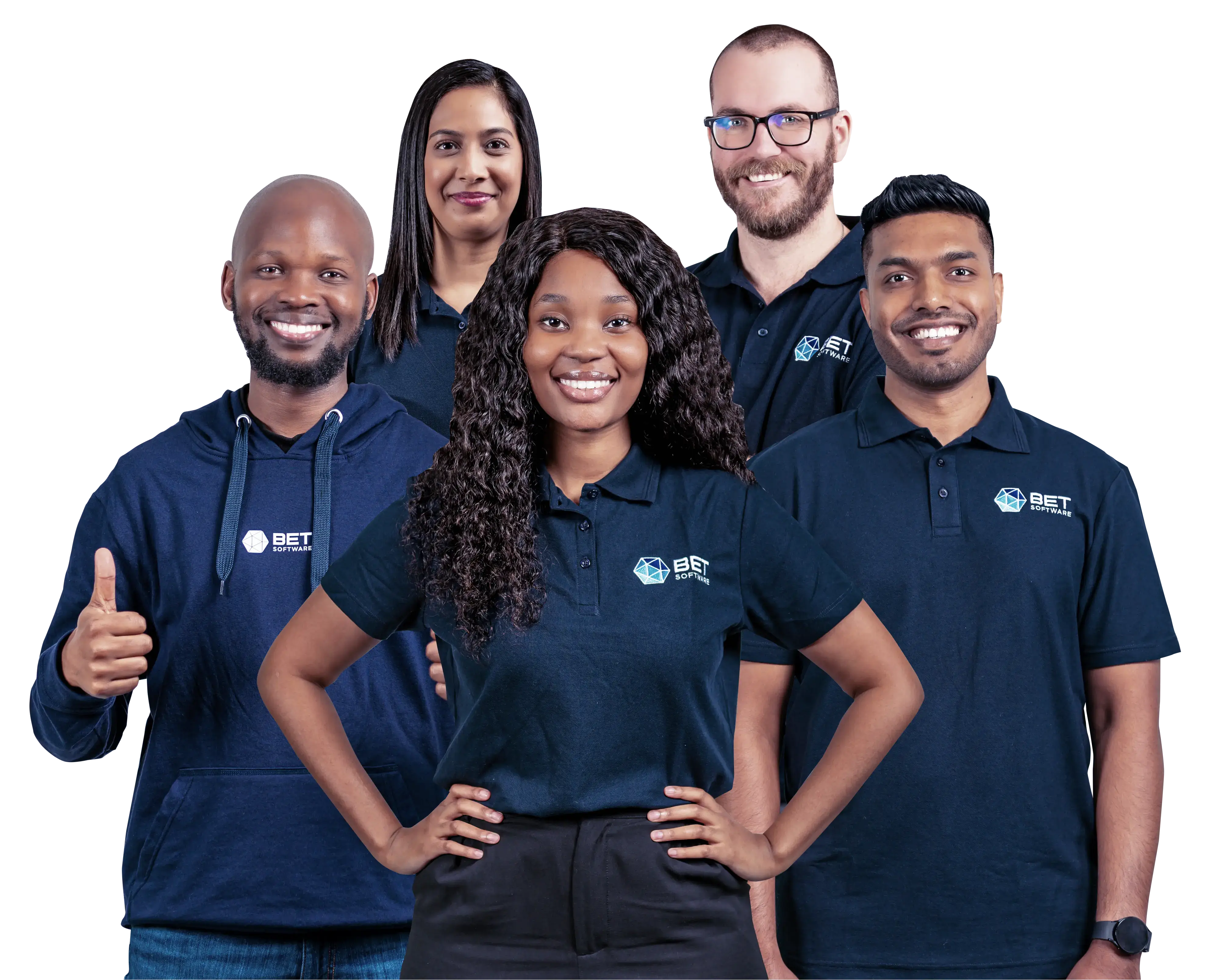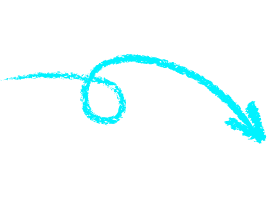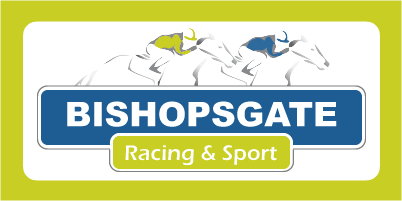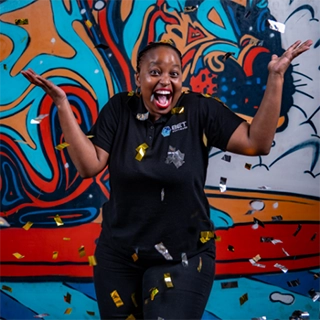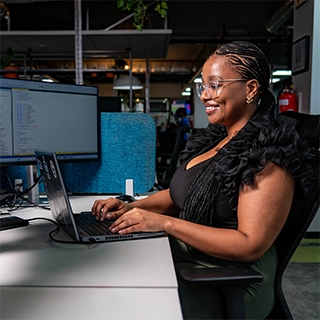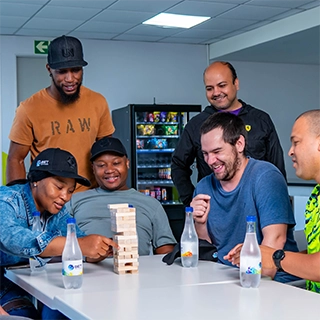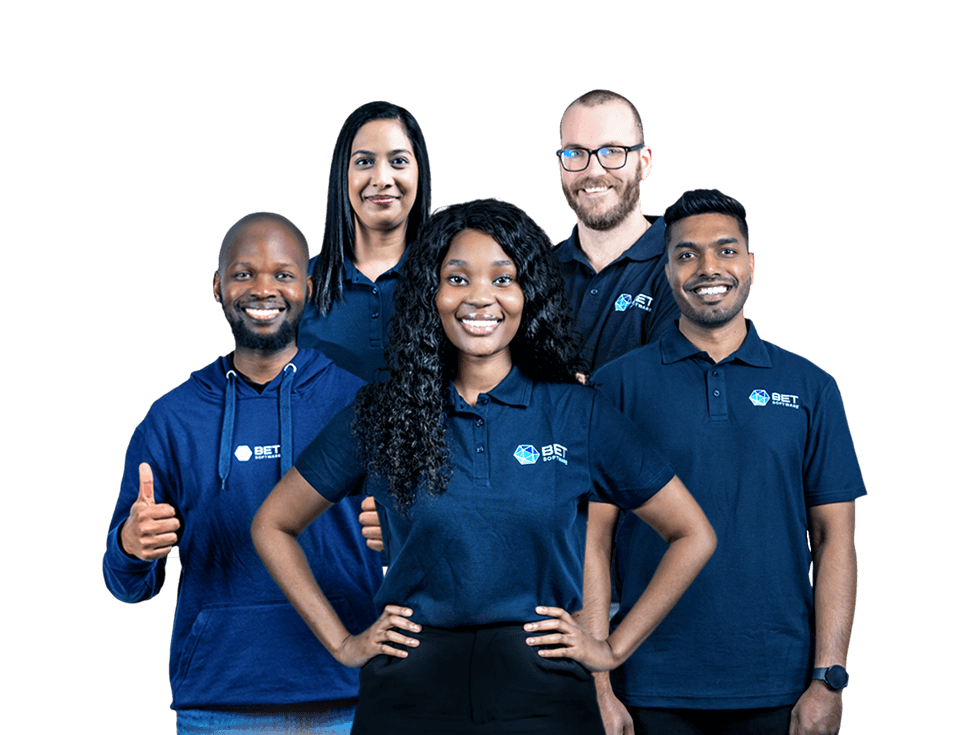
Defying Limits, Unleashing Innovation
Our Software
SyX is designed to run on low-end hardware in locations with limited Internet connectivity, making it a catalyst in the African context.
Our Technology
We have a carefully, curated, tech ecosystem that sets us apart.
Our remote and office–based Team can work on their tech stack of choice.
Our New Homes
With the Indian Ocean as our backdrop, Durban blends coastal vibes with productivity. The city’s vibrant culture and creativity make it an inspiring place to work. We’re seeking fresh tech talent—could it be you?

Durban
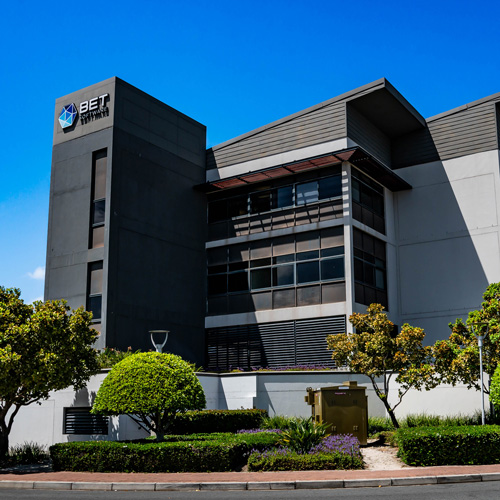
Cape Town
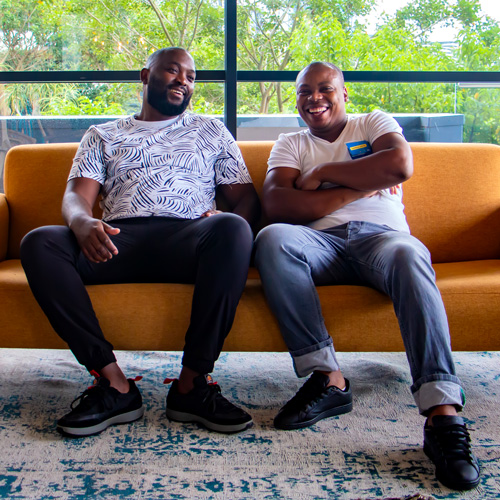
East London

Johannesburg

